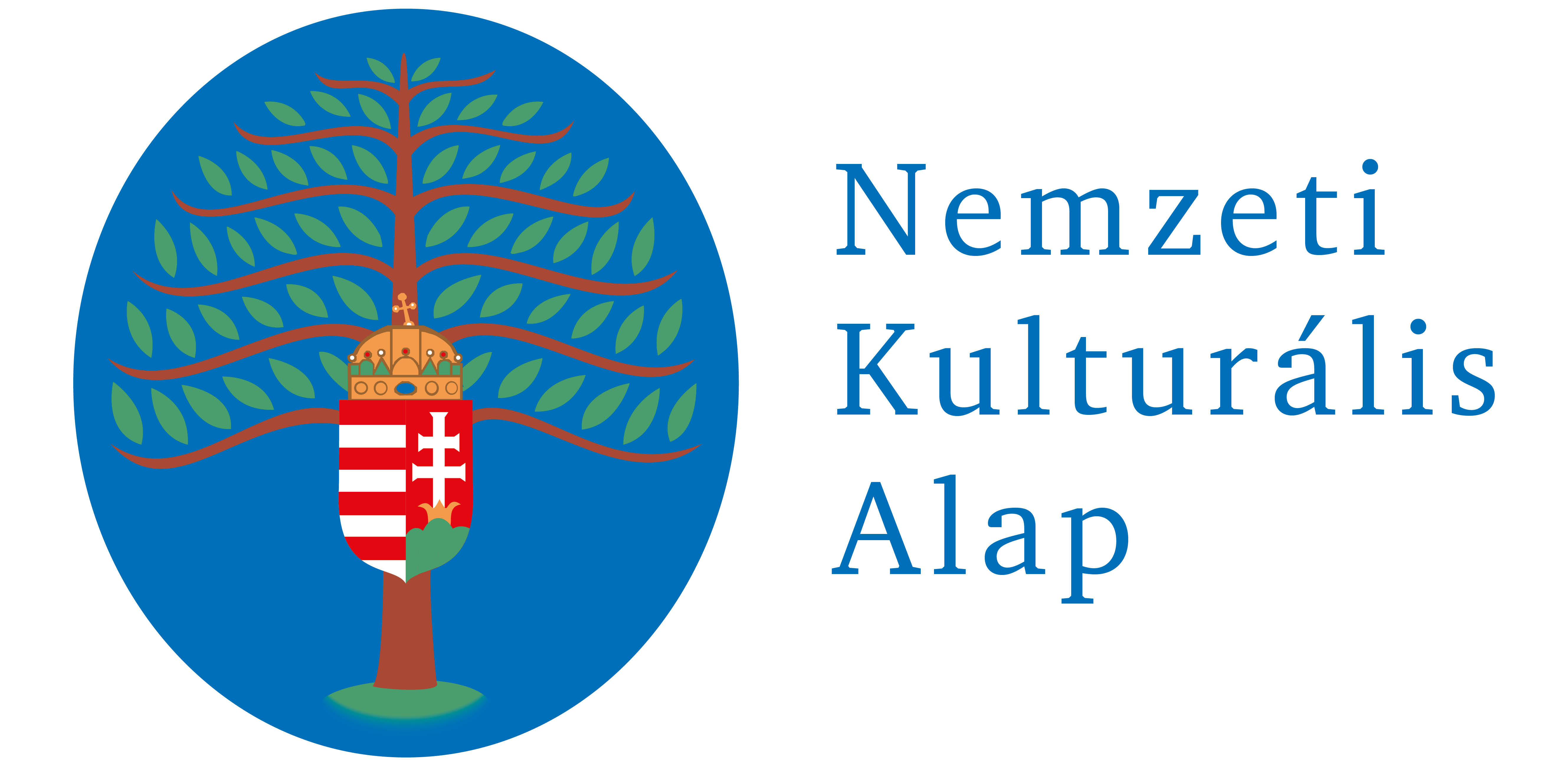Naptár
2024. április 15–19.
2024. április 20.
Eötvös József Kárpát-medencei középiskolai szónokverseny
2024. április 24. – május 3.
Tovább...
4. 2022.
Abstracts in English
Studies
Asztalos, Anikó
Phatic linguistic elements of teacher discourse in classroom discourse
The topic of this paper is the analysis of the phatic linguistic elements in teacher discourse. The phatic function is the inherent, primary function of language, contributing to the establishment, maintenance and closure of the relationship between teacher and students in classroom discourse. The aim of the research described here is to observe the types of verbal phatic elements in teachers′ speech turns. Based on the annotation and segmentation of video recordings of 12 Hungarian language lessons, the study presents the general characteristics of classroom discourse and differentiates the types of phatic verbal elements in teachers′ speech. The linguistic examples confirm that the phatic linguistic elements in classroom discourse are related to all types of teacher utterances and can be observed in teacher evaluations, questions and explanations. Individual speech rituals and habitual patterns can be identified in the occurrence of the phatic language elements. The results revealed in this study may be useful for further analyses by both practicing teachers and researchers of classroom discourse.
Váradi, Krisztián
Examining contact effects in the language use of Transcarpathian students
The study presents the language use patterns of students of Transcarpathian colleges and universities and of students studying in different vocational training institutions. In the everyday language use of Transcarpathian Hungarian people, borrowed words from Slavic languages often occur, as the Ukrainian state language and the Russian language have an impact on the mother tongue of local minorities, in this case on Hungarian. This study examines the extent to which students in Transcarpathia know the meaning of Slavic loanwords. A total of 63 participants solved different tasks in a questionnaire survey (picture description, substitution of loanwords with Hungarian loanwords, multiple choice, word finding by definition, list of loanwords). Results show that the majority of young people in Transcarpathia know the meaning of Slavic lexical loanwords, but due to their mother tongue dominance they prefer the Hungarian equivalents. The only exceptions to this are culture-specific terms.
Tary, Blanka – Fejes, József Balázs – Hódi, Ágnes – Szenczi, Beáta – Vígh, Tibor
Suggestions for the development of text comprehension embedded in subjects - teaching reading strategies I.
The aim of this paper is to present a lesser-known and less commonly used option for text comprehension development in the national school context, namely the teaching of reading strategies, in order to provide guidance for classroom practice. The paper briefly defines reading strategies, analyses their teaching situation, describes the relationships between text types and forms and reading strategies, and discusses the importance of teaching them. It describes the relationship between text types and strategies, since the use of reading strategies may vary from text to text. It also describes the most common reading strategies, illustrated by examples, mainly in a practical context. Finally, it makes suggestions for the teaching of reading strategies. The reading strategies presented in this article are mainly related to printed texts, but a significant number of them can also be used during reading digital texts.
Workshop
Takács, Judit
Characteristics of the discussion of brand and product names in mother tongue teaching materials
This study examines the scope and task types in which knowledge of brand and product names appears in primary school teaching materials for grades 3, 4 and 6. The main aim is to find out how much emphasis is placed on the teaching of this marginal category of names, which is rarely reasearched in Hungarian, in the teaching of onomastics. It also examines how the given name type is typically presented by textbook writers in the form of task types and typical examples. As with the other name types, the tasks for brand and product names are dominated by proper names. The onomastic tasks are also mostly limited to the typical names of each product category. For example, those dealing with the way in which a "good brand name" is formed, the change between categories (e.g. personal name → brand name or brand name → variety name), or possible spelling issues, appear only sporadically in the teaching materials examined.
Antalné Szabó, Ágnes
Closing mother tongue lessons from a rhetorical and pedagogical perspective
Lesson planning is a complex process in which it is possible, and even necessary, to build on the results of research in several disciplines. This paper explores how the results of rhetoric can be applied to the planning of the closing phase of a mother tongue lesson. In addition to the rhetorical perspective, it also addresses the pedagogical content knowledge and pedagogical knowledge related aspects of the aims and functions of the reflective phase of mother tongue lessons based on the RJR model, (Tuning in, Finding and Sorting Out, and Reflection and Action) and provides psychological research evidence to support the usefulness and necessity of applying rhetorical principles. The paper presents the results of two non-representative studies on the design of mother tongue lessons. The aim of these studies was to investigate to what extent the Hungarian language teacher trainees take into account the previously learned mother tongue specific pedagogical recommendations when planning lessons in the methodological seminar and in the individual school practice, whether their lesson plans contain a summarizing and reflective part and what methodological solution they choose. The concluding part of the paper presents examples of the types of exercises that can be used in the final phase of mother tongue lessons, considering both rhetorical and pedagogical principles.














